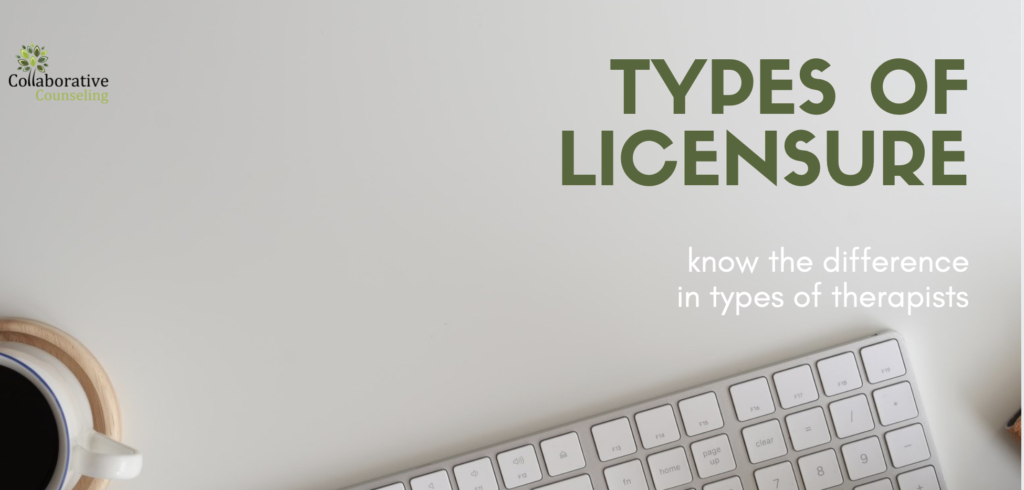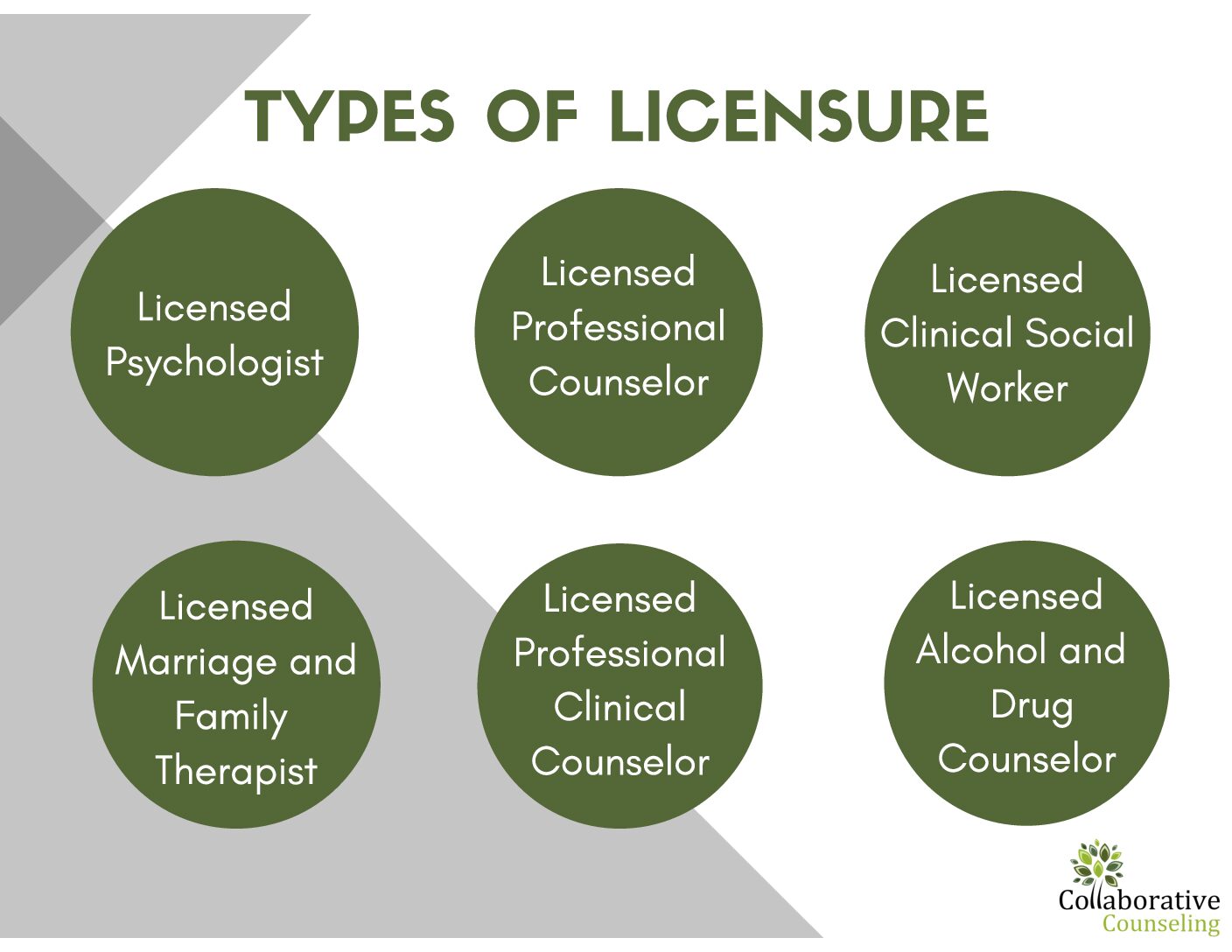World Mental Health Day 2022
Posted by Collaborative Counseling
October 10th is World Mental Health Day, and this year’s theme is “Make mental health and well-being for all a global priority.” Here at Collaborative we asked our providers to share their thoughts on mental health and well-being for all.

“What would our lives and communities look like if mental health was a priority?”
“I think there would be more compassion for all human experience and an openness to hear one another’s stories. I believe hearing each other’s story has the capacity to connect us, not divide us. People wouldn’t be so afraid of judgement to share their experiences.” – Coleen Kittleson, LPCC, LPC, NCC
“If mental health was a priority, we would spend more time connecting with one another. Our culture values busy-ness and being so busy all of the time detracts from our ability to play and have fun. I also think we would place more value on caring for our children and loved ones. One of my favorite quotes is, ‘If you want to change the world, go home and love your family,’ said by Mother Theresa.” – Naomi Doriott Larson, LPCC, LPC, owner of Collaborative Counseling
“If mental health was a priority, people would recognize the importance of kindness. A little goes a long way. We are all different so it only makes sense that we are not going to agree with or fully understand each other, and that is okay! What is key, though, is recognizing we have a choice in how we respond to the situations we experience and to those around us.” – Rian Rahm, MS, LPC
What are some steps we can take to make mental health a priority?
“I think communities could address this by increasing social opportunities for all and increasing an individual’s sense of community. Host social gatherings and physical fitness opportunities for all ages.” – Cynthia Hunt, LCSW
“We advocate and educate for mental health at every micro and macro opportunity. It is essential that diversity and intergenerational trauma is a part of the conversation. Mental health professionals create partnerships with community organizations, businesses, schools and hospitals. We could also create a public relations campaign for mental health. This would send a message that it is not only connected to physical health, but just as important as physical health.” – Coleen Kittleson, LPCC, LPC, NCC
“Since I was a teen, my mom would let me take mental health days from school (as long as I had good grades). I think we need to view mental health with the same priority that we view physical health. When we are worn down, we need to be allowed to take a day off. And on top of that, instead of being so busy, we all need to have down time to just be with one another and connect. Feeling connected to others is essential for the well-being of humans. Sadly, many people we see do not have that connection in their life.
The first five years are developmentally critical for lifelong wellbeing. If we would provide more support and resources for parents who lack resources and skills, we could make a world of difference in mental health outcomes.
As a society, I believe that we are only doing as well as those who are struggling the most. Finding a way to make healthcare, including mental healthcare, accessible for all is something that would improve our overall well-being. Our society could benefit from balancing our individualism with a collectivistic mindset. This requires us to see that we all do better when we all do better.” – Naomi Doriott Larson, LPCC, LPC, owner of Collaborative Counseling
National Resources for Making Mental Health a Priority
The National Alliance on Mental Illness (NAMI) offers free resources and education with the goal of “building better lives for the millions of Americans affected by mental illness.”
The Substance Abuse and Mental Health Services Administration (SAMHSA) maintains a national helpline in English and Spanish. They can provide information and referrals to local treatment organizations.
Mental Health America provides resources for individuals with or without mental illness, with the goal of “promoting the overall mental health of all.”
If you are interested in becoming a client at Collaborative Counseling, call us at (763) 210-9966. Or fill out an appointment request form.
Read More
 View Our Locations
View Our Locations Request Appointment
Request Appointment











